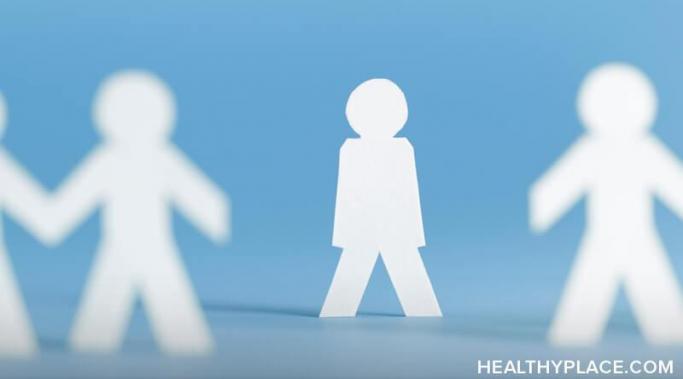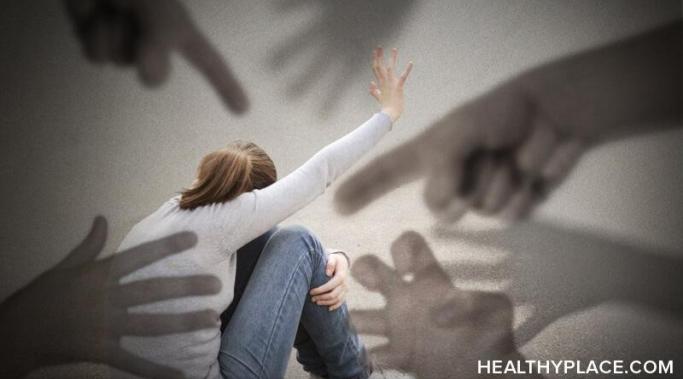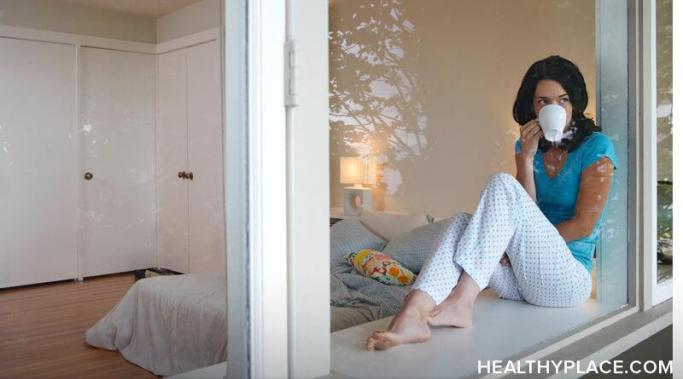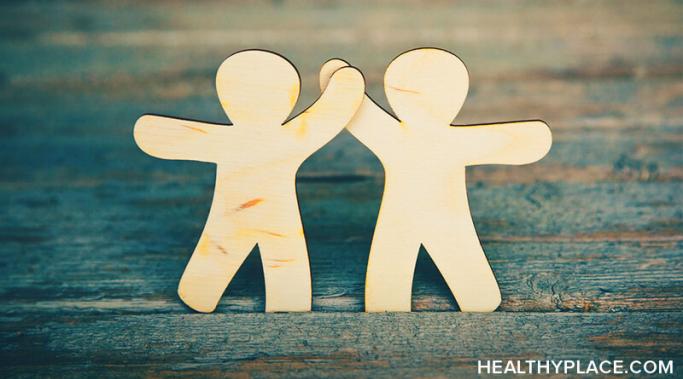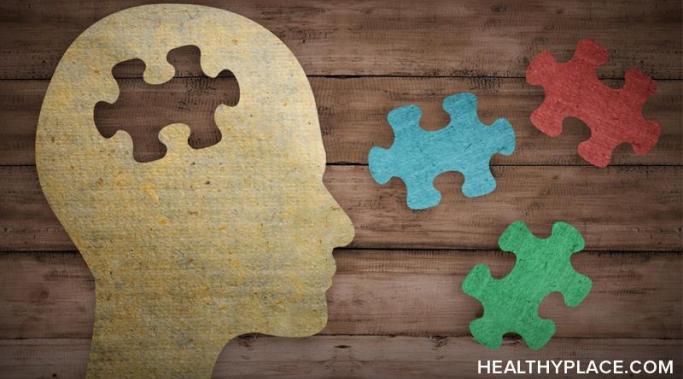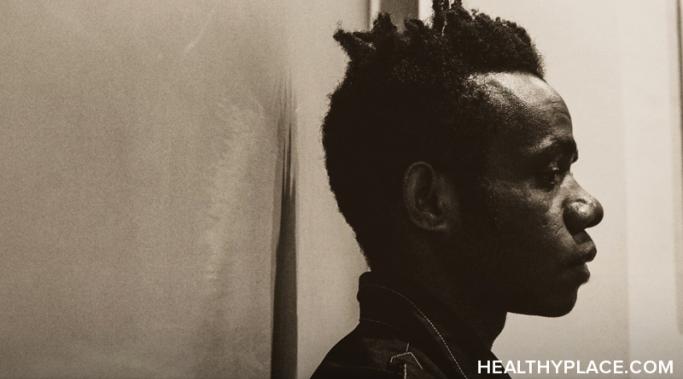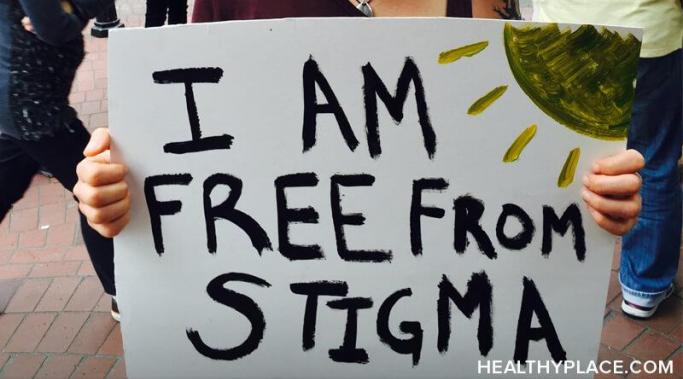I don't talk about my anxiety a lot. Part of that, I think, is because of how mental health stigma has shaped anxiety disorder as worries or thoughts that people can't seem to get past. It's difficult to explain to those people the depth of anxiety's impact, and sometimes even for those who do have a better concept and understanding of it, it can be tough to relay exactly how it feels.
Surviving Mental Health Stigma
Surviving mental health stigma during awareness efforts might seem like the last thing anyone would need to do. After all, awareness efforts are designed to foster honest conversation and combat the stigma around mental health and mental illnesses. Despite the good of these efforts, however, there are still ways that people might be negatively impacted by them.
Mental health crises can happen anywhere at any moment, such as in a public place. Time and time again, I've seen those public moments captured in photos and videos online, turning a moment of pain into a show that people seem to feel entitled to gawk at and criticize. This needs to stop because mental health crises are not spectacles. Making them into such is stigmatizing and potentially harmful to the individual struggling.
What is it really like to live with suicidal ideation? Suicide is still heavily stigmatized, with accusations of selfishness being one of the most prominent pieces of stigma used against it. Would knowing about suicidal ideation help reduce the stigma that's so quickly thrown at those who struggle with thoughts of dying by suicide? I believe understanding its impact can shed light beyond the misinformation that fuels suicide's stigma. (Note: This post contains a trigger warning.)
When you're up against something and constantly pushing back against it, it's inevitable to wonder if the efforts are achieving anything. For instance, are we making progress combatting mental health stigma? There are campaigns upon campaigns, advocates upon advocates, so many voices and messages joining and leading the conversations about mental wellness and mental illness alike year after year. Surely, we must be making some progress combatting mental health stigma, right?
Mental health stigma not only changes how we perceive people, but it also changes the perception of learned behavior. When we take a deeper dive into behaviors that are written off with the excuse of the person doing them being "unstable" or with even harsher language, such as "psycho," it becomes clearer how mental health stigma can mask learned poor behaviors.
Mental health stigma is easier than compassion for those who struggle with mental health issues. Have you ever thought about how easily people seem to stigmatize others for their mental health struggles? The words are part of commonplace conversation and the way people with mental illness are treated is almost commonplace behavior. It doesn't take effort to participate in stigma.
Although mental health stigma and its impacts are often compartmentalized into specific moments or situations, the fear of mental health stigma has an impact on day-to-day life. It affects the way we carry ourselves and the way we navigate our days, and recognizing this can help garner a better understanding of stigma's impact.
There are a number of facets in the relationship between hygiene and mental health stigma. We probably recognize that mental illness affects hygiene, but the relationship extends to how both are viewed and the overall impact because of that relationship. This is where stigma comes into the picture.
Privilege has a role in overcoming mental health stigma, although it's not often at the forefront of our conversations in this sphere. I hadn't thought about it until recently, but when I mull over it and think about the many ways that privilege manifests, I can absolutely see privilege's role in overcoming the stigma around mental health.

